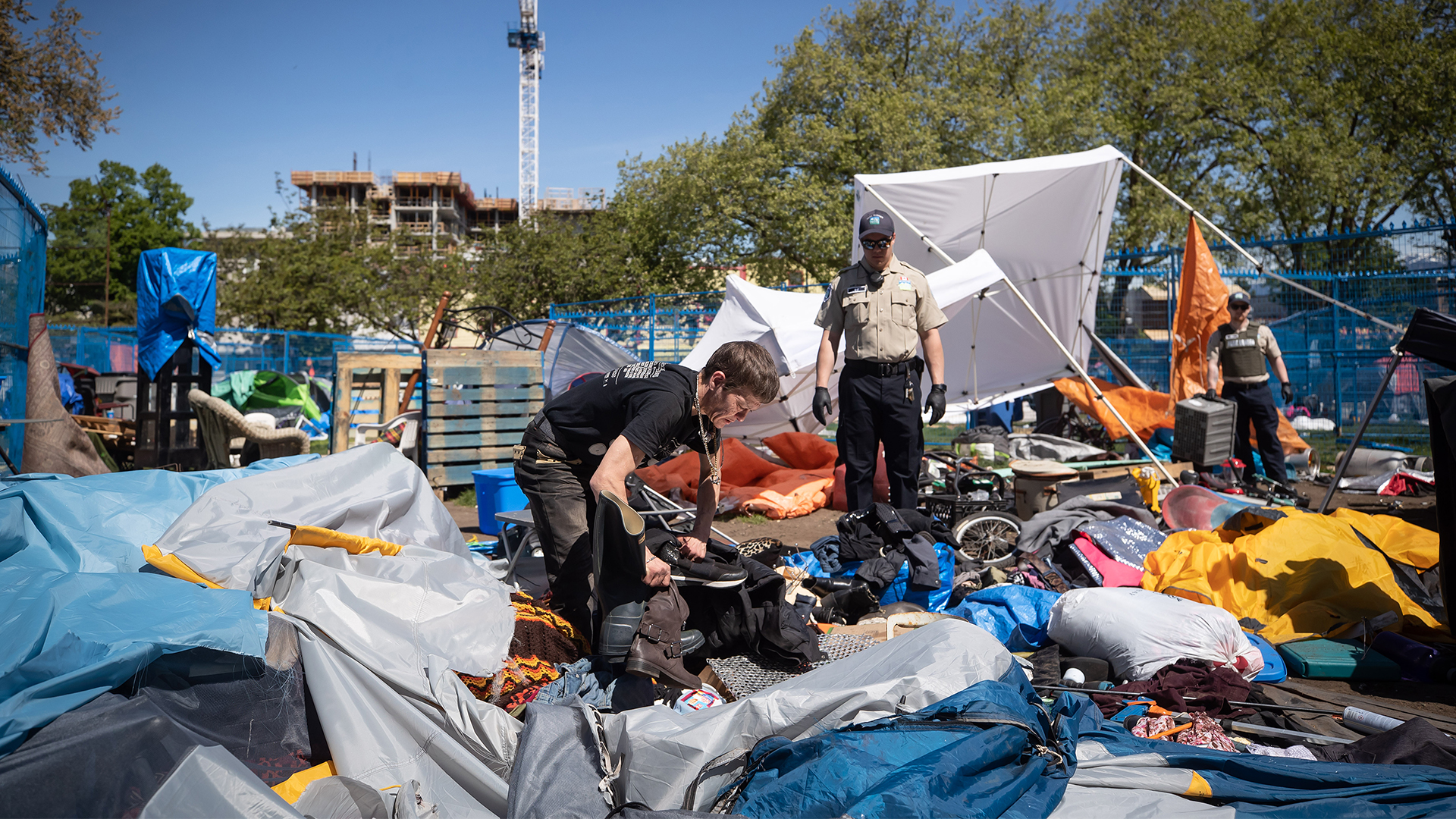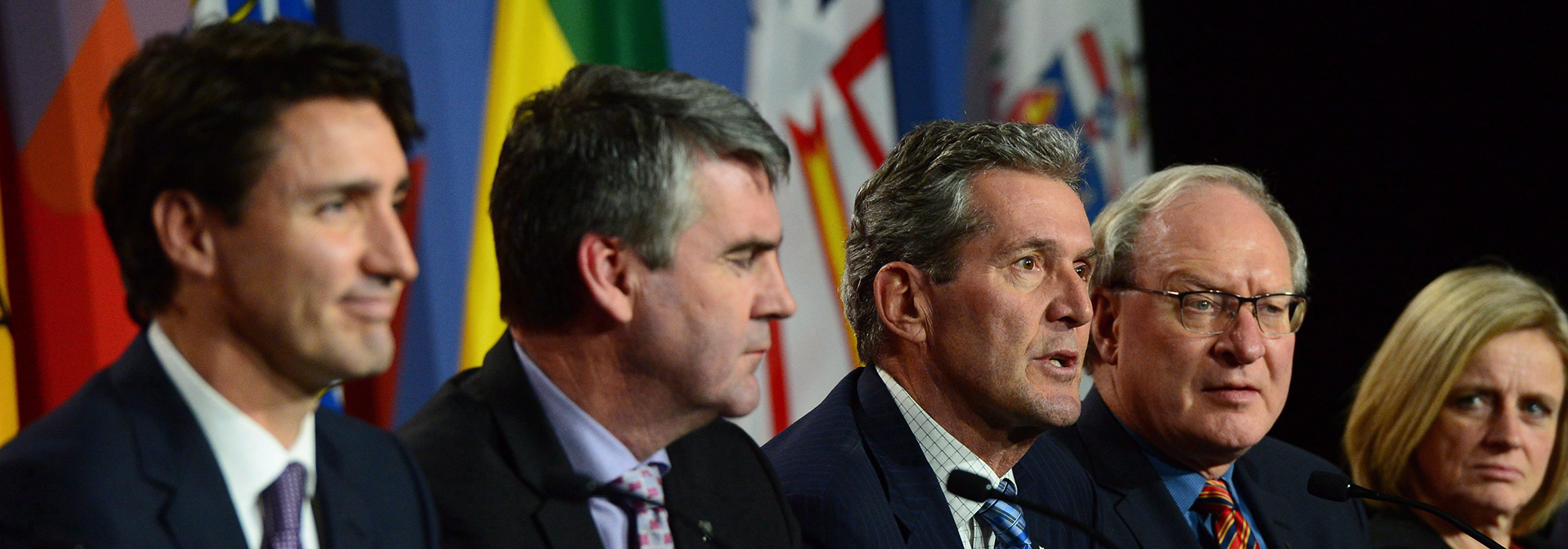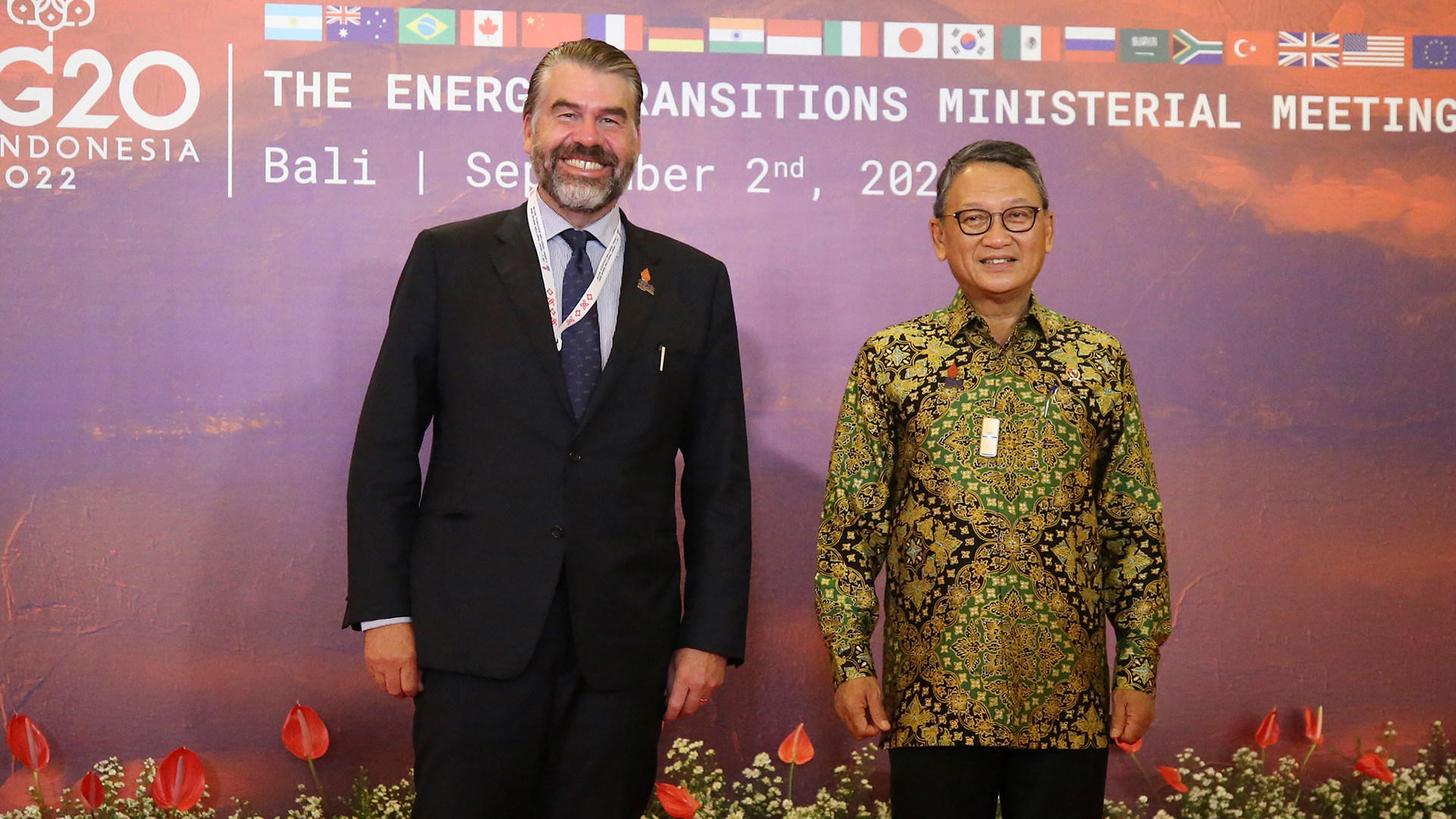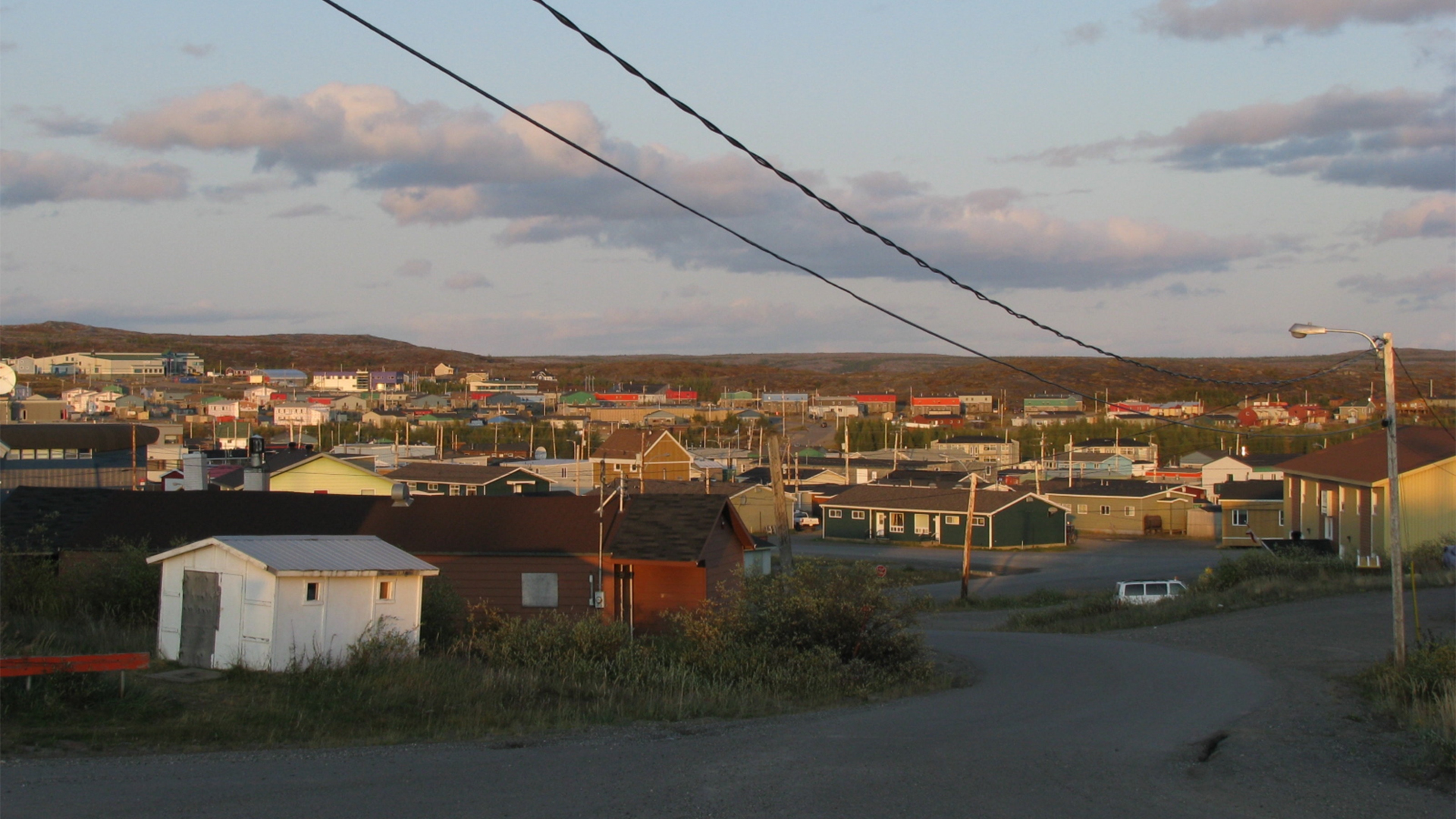
When it comes to intergovernmental relations, prime ministers seldom end up where they said they would. Realism collides with idealism. It happened to Stephen Harper, and to many prime ministers before him; it may yet happen to Justin Trudeau — or not. It’s a tendency, not predetermination. But Canadians are starting to wonder if recent carbon pricing and health transfer ultimatums are harbingers of a shift in Trudeau’s federalism.
Stephen Harper talked about sweeping change before taking office and then progressively abandoned his project called “open federalism,” which was meant to disentangle the federal and provincial orders of government. Unilateral federal action in many areas of provincial jurisdiction was his response to his exasperation over slow provincial take-up of his vision of small government, balanced budgets and market-enabling federalism.
Trudeau also has a vision for wholesale change in relations among levels of government in Canada. Collaboration is to be the approach with the provinces, consultation with municipalities and nation-to-nation partnerships with Indigenous peoples. But he has provided little detail on what collaboration actually means.
One can understand why Trudeau opted for collaboration early on. Ottawa had slipped in power and prestige, as the provinces took on a leadership role in policy development and implementation in a range of areas. Harper’s tax cuts and deficit reduction programs left little in the public purse for activist governments that followed his.
Confidence in a more assertive federal role gradually overtook Trudeau’s initially modest approach. Public tolerance for deficits had grown in the wake of Harper’s drastic public service reductions. Trudeau as prime minister has accumulated significant national and international political capital. Provincial consensus on climate policies has proved elusive, apparently requiring the federal government to end the impasse.
So, on the one hand, there are grounds to be skeptical about Trudeau’s commitment to collaborative intergovernmentalism. I use the word intergovernmentalism here rather than federalism because Trudeau sees the enlisting of other levels and forms of government (including Indigenous people) as part of his social and economic vision, an implication that might be missed with the narrower term “federalism.”
Sceptics might see a trend in recent moves. Trudeau announced that the provinces have until 2018 to adopt a carbon pricing scheme or Ottawa will impose one. He risked nation-to-nation relations with Indigenous peoples by green-lighting Kinder Morgan’s Trans Mountain pipeline and the Pacific NorthWest LNG project. Moreover, Ottawa recently dictated the terms of a deal on health care spending. Unilateralism seems the order of the day.
On the other hand, cooperation and bargaining hint at a “collaborative” vision. The complex suite of programs in the 2016 Pan-Canadian Framework on Clean Growth and Climate Change was intergovernmentalism in action. Trudeau has accommodated the needs of provinces for flexibility on pipelines, liquefied natural gas, coal-equivalency agreements and comparative climate indicators. He channelled Indigenous views on rejecting the Northern Gateway pipeline project.
Has Trudeau shifted away from collaborative federalism? Hard to say. Unlike Harper, Trudeau has never enunciated the operational details of his federal vision. His platform and mandate letters are maddeningly vague.
Instead he has offered only partial approaches. One option is a “collaborative consent” model for cooperating with Indigenous peoples (collaborating at multiple stages of the policy process, building consent at each stage, rather than all-or-nothing decisions at the end). Trudeau has also talked about a “medicare model” for climate change, which entails collaboratively setting national standards, then providing targeted federal funding for provincial experimentation.
These are partial outlooks on specific dossiers. They are not a general approach to dealing with other orders of government, at least on the face of it. Governments and civil society do not know what to expect from Ottawa as a public policy partner.
Until we have a fix on what Trudeau means by collaboration, we will have a hard time determining if he has changed or not. It’s time to pin him down. In Canada, the outcome of many important files — climate change action, Indigenous affairs, health care and more — depends on what game plan governments are following.
Photo: Manitoba Premier Brian Pallister, centre, talks as Prime Minister Justin Trudeau, left to right, Nova Scotia Premier Stephen McNeil, Prince Edward Island Premier Wade MacLauchlan and Alberta Premier Rachel Notley look on during the closing press conference of the Meeting of First Ministers and National Indigenous Leaders in Ottawa on Friday, Dec. 9, 2016. THE CANADIAN PRESS/Sean Kilpatrick
Do you have something to say about the article you just read? Be part of the Policy Options discussion, and send in your own submission. Here is a link on how to do it. | Souhaitez-vous réagir à cet article ? Joignez-vous aux débats d’Options politiques et soumettez-nous votre texte en suivant ces directives.







